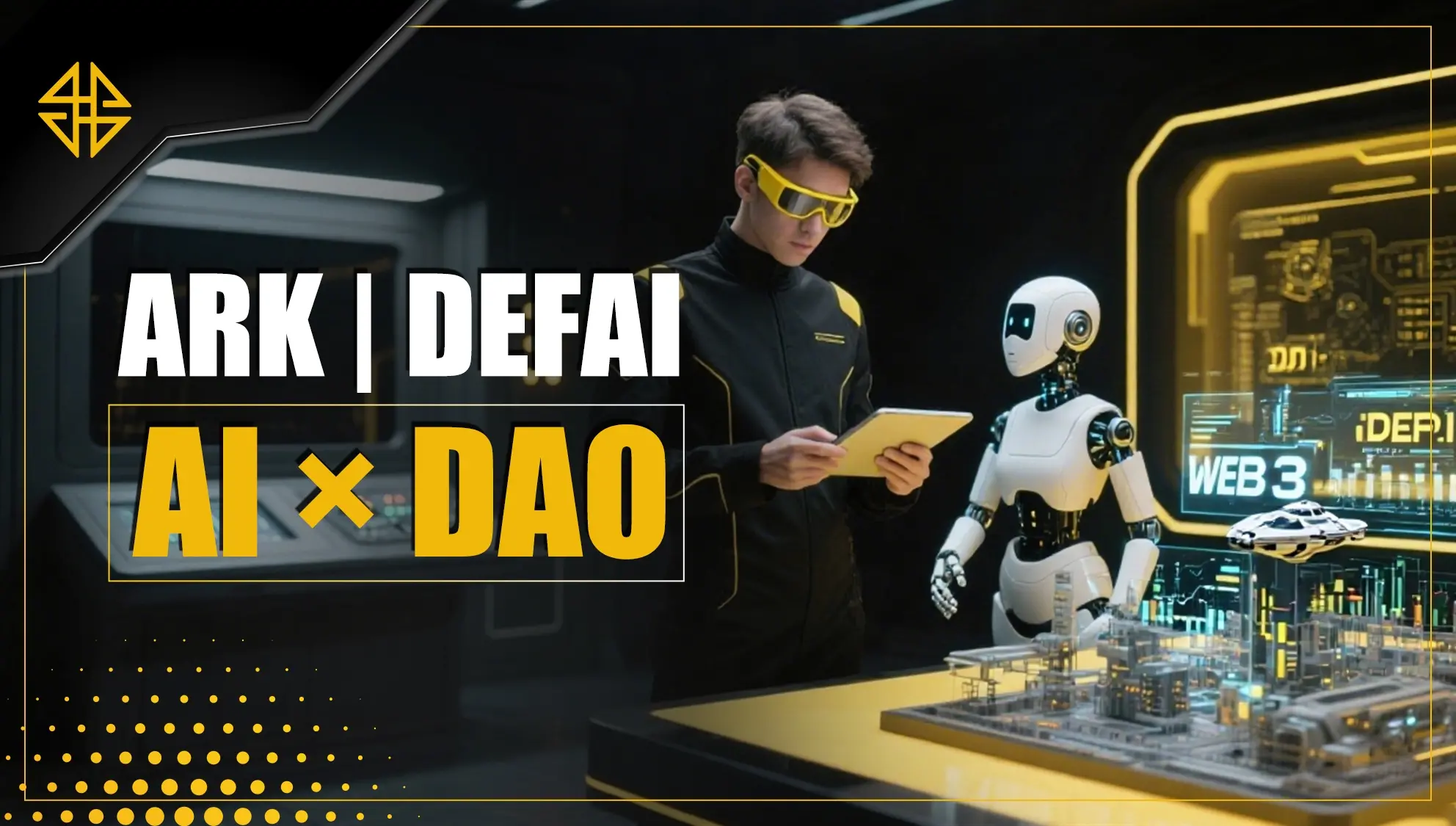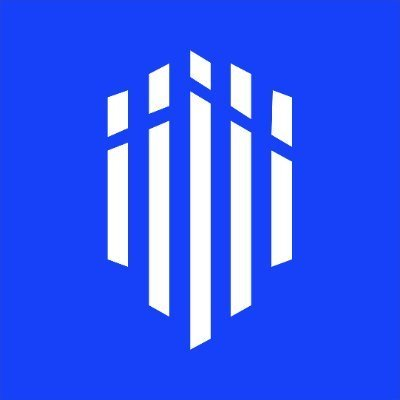From Modular Contracts to Social Order: How Does ARK DEFAI Define a New Generation of Protocol Civilization?
Crypto media outlet Decrypt has published a feature article on the system design and narrative positioning of ARK DEFAI. The core goal of the project is not to create a single financial protocol or product, but to establish a modular, evolvable, and logical layer governed by AI and DAO to carry the coordinated operation of digital finance and society in the future.

According to the report, ARK has shifted the trust base of decentralized protocols from brands and personalities to auditable models and transparent logic. The underlying design combines three core dimensions:
- Decentralized AI system: automatic agent simulation predicts the state of the protocol and proactively proposes parameters;
- DAO governance mechanism: community-driven proposal direction, with AI assisting in semantic review and risk screening;
- Modular architecture: All key financial functions...
9.06K
1
The content on this page is provided by third parties. Unless otherwise stated, OKX TR is not the author of the cited article(s) and does not claim any copyright in the materials. The content is provided for informational purposes only and does not represent the views of OKX TR. It is not intended to be an endorsement of any kind and should not be considered investment advice or a solicitation to buy or sell digital assets. To the extent generative AI is utilized to provide summaries or other information, such AI generated content may be inaccurate or inconsistent. Please read the linked article for more details and information. OKX TR is not responsible for content hosted on third party sites. Digital asset holdings, including stablecoins and NFTs, involve a high degree of risk and can fluctuate greatly. You should carefully consider whether trading or holding digital assets is suitable for you in light of your financial condition.
